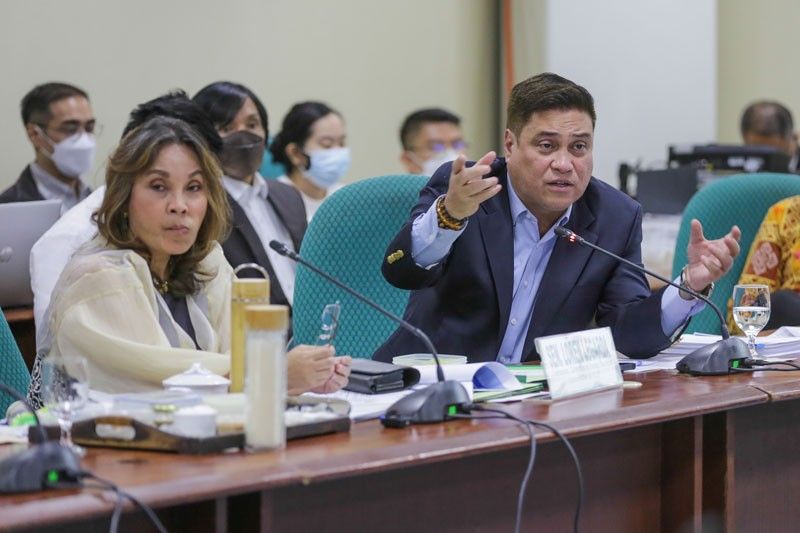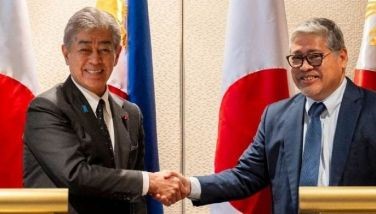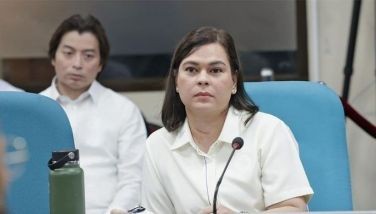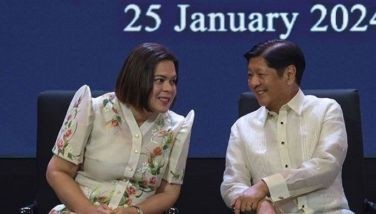Senate to ratify RCEP before Holy Week break

MANILA, Philippines — The Senate is looking at ratifying the Regional Comprehensive Economic Partnership (RCEP), the world’s largest free trade agreement (FTA) among Asia-Pacific nations, before Congress goes on its Holy Week break.
Senate President Juan Miguel Zubiri said yesterday that while deliberations on the pact have already wrapped up in the Senate committee on foreign relations, they will first have to lay down guidelines for government implementation that would protect sectors likely to be affected by the RCEP.
“I don’t want to preempt the votes of my colleagues but it’s safe to say that definitely – before the Holy Week break,” Zubiri told reporters about passing the FTA before Congress adjourns on March 24.
A priority measure of the Marcos administration, the RCEP is seen by proponents as a means to open up markets for Philippine products and give Filipinos access to cheaper imports, among others.
As to the guidelines, Zubiri said a technical working group (TWG) will be formed to draft it as part of the committee’s report before possibly putting the RCEP to a vote by next week.
At the RCEP hearing, presided over by Senate President Pro Tempore Loren Legarda, the Senate President called for openness in deliberations on the FTA and asked stakeholders to consider how the trade agreement would benefit the country in its entirety.
Zubiri and Legarda said the guidelines will form part of the RCEP annexes that would serve as instructions for various agencies to shield local agriculture and other sectors that may be affected once the Philippines joins the FTA.
They also said the Senate will form a special oversight committee just to monitor the implementation of the guidelines.
Legarda expressed worry over the possible impact of the RCEP on agriculture, garments and other industries, which is why they thought of including the guidelines.
But she also emphasized the need to narrow the country’s trade deficits with all countries in Southeast Asia, citing as examples Cambodia and Myanmar.
She acknowledged the frustration of farmers, who are among the direct stakeholders of this FTA, and assured them that their issues are heard and answered by concerned agencies.
Among the issues raised by agricultural groups that expressed opposition to the country’s move to participate in the RCEP is the lowering of tariffs on certain products, resulting in an increase in imported food products.
In a Viber message to The STAR, Sen. Imee Marcos said that some forces are rushing the passage of RCEP as if the Philippines is the only country not part of the agreement.
“There are some forces that are prompting RCEP to be rushed; it is being ground as if the Philippines is the only one that has not yet signed,” Marcos, elder sister of the President, said in Filipino.
Last Jan. 2, the RCEP entered into force for Indonesia, joining such countries in Southeast Asia as Brunei, Cambodia, Laos, Singapore, Thailand, Vietnam and Malaysia.
But Marcos, chair of the Senate foreign relations committee, said that she made efforts to coordinate with the sectors that would be affected by the RCEP and almost all of them are worried about it. – Cecille Suerte Felipe
- Latest
- Trending































